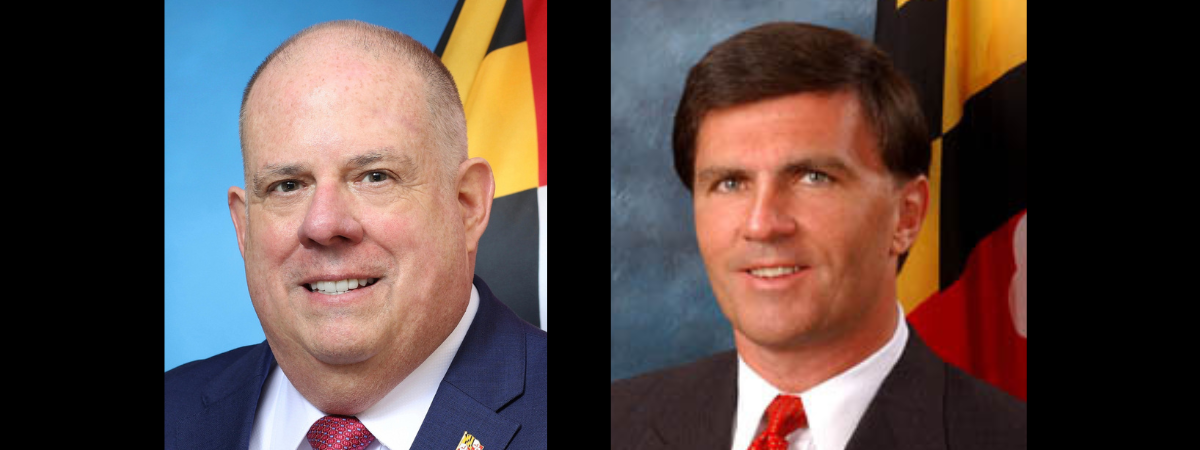Test Your Knowledge — Labor Unions

Labor unions are back in the news, with workers at businesses like Starbucks and Amazon trying to organize, often against determined opposition from management. If that sounds familiar, it is; workers have been fighting to gain more control over wages, benefits, and working conditions since the early days of the Industrial Revolution, and even earlier in some countries.
Test your knowledge: how much do you know about labor unions?
Labor unions are back in the news, with workers at businesses like Starbucks and Amazon trying to organize, often against determined opposition from management. If that sounds familiar, it is; workers have been fighting to gain more control over wages, benefits, and working conditions since the early days of the Industrial Revolution, and even earlier in some countries.
But union membership has declined in recent decades, with anti-union forces helping the decline by peddling the story that unions don’t have the best interests of the workers at heart. Union membership has also declined as the nature of jobs has changed. The industrial and manufacturing sectors that dominated the first half of the 20th Century have given way to the service-and information-heavy jobs of the 21st. Also, the use of consultants, freelancers, temp workers, and others who perform the work of an actual employee without qualifying for the benefits of the job has done a lot to depress union membership.
Largely built on agriculture, tourism, and other enterprises that rely heavily on seasonal workers, the Eastern Shore’s economy would not appear to be a hotbed for the union movement. Even so, there are union jobs here. The International Brotherhood of Electrical Workers has a local in Salisbury, and the American Federation of State, County, and Municipal Employees represents many government workers throughout the Shore. And those are only two examples.
An interesting statistic has emerged from the last few years, the covid-19 era. Nationwide, the percentage of union members in the work force increased even as people were losing or quitting their jobs. Could it be that union members were better protected from the effects of the pandemic on American business than their non-union counterparts?
Take the Economic Policy Institute's labor union quiz!
Peter Heck is a Chestertown-based writer and editor, who spent 10 years at the Kent County News and three more with the Chestertown Spy. He is the author of 10 novels and co-author of four plays, a book reviewer for Asimov’s and Kirkus Reviews, and an incorrigible guitarist.
The Economic Policy Institute (EPI) is a nonprofit, nonpartisan think tank that conducts research and analysis on the economic status of working America. EPI proposes public policies that protect and improve the economic conditions of low- and middle-income workers and assesses policies with respect to how they affect those workers.
Common Sense for the Eastern Shore







